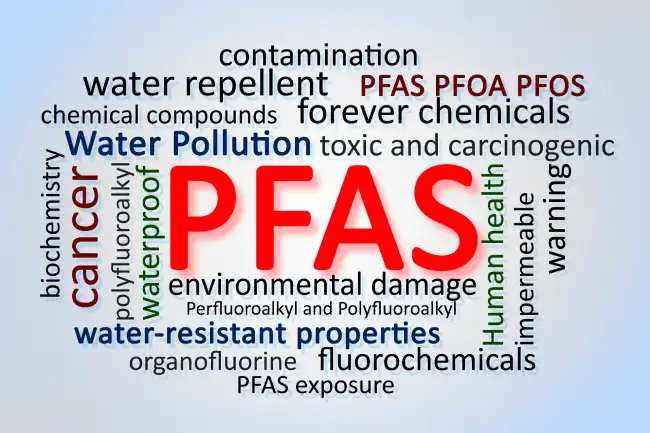EPA Updates PFAS Rules Impacting EHS and Environmental Remediation Processes
A recent ruling by the Environmental Protection Agency (EPA) on per- and polyfluoroalkyl substances (PFAS) may leave companies scrambling to find ways to remain legally compliant.
The September 2023 update amends the EPA’s Toxic Substances Control Act (TSCA) in Section 8 (a)(7): Reporting and Recordkeeping Requirements. The requirements stipulate that affected manufacturers of PFAS must:
- Report to relevant state, local, and other agencies, and regulators if they use any of the 1,462 PFAS chemicals in their processes and products.
- Cover the previous 12 years in their reports.
- Comply with reporting requirements within the next 18 months—or 24 months for small businesses.
The key takeaway for managers in impacted organizations is that there is no time to waste. They must, as soon as possible, factor PFAS chemicals into their operational plans.
Growing Forever Chemicals Threat
PFAS, or “forever chemicals,” have been extremely useful in a variety of industries—from electronics to construction and beyond. Because of this, they are frequently present in groundwater and soil. In fact, according to a July 2023 report, the United States Geological Survey (USGS) believes 45% of tap water may contain one or more PFAS.
Unfortunately, these forever chemicals also cause cancer and other diseases in humans. As this blog has noted, the ubiquity of PFAS throughout the United States is driving the EPA to mount a serious response. To that end, the feds recently added PFAS to the list of chemicals covered by Toxic Release Inventory (TRI) regulations under the Emergency Planning and Community Right-to-Know Act (EPCRA).
Consulting engineers interacting with any of the six PFAS in the federal drinking water standard must report on them. Then they need to dispose of them according to federal and relevant state rules.
New PFAS Reporting and Recordkeeping Demands
Complete and compliant reporting is complex and time consuming. The data needed is highly granular and reflects the growing (and justified) scope of concern over forever chemicals and their effect on human and environmental health.
The EPA requires the following reporting information:
- Chemical identity
- Uses
- Volumes made and processed
- Byproducts
- Environmental and health effects
- Worker exposure
- Disposal needs
Unfortunately, the narrow compliance window just increases the risks of noncompliance—or error in gathering, formatting, and submitting the PFAS reports.
Turning to a Partner
If you are a manufacturer or construction engineering firm creating, interacting with, or using PFAS, you should be prepared to submit the necessary reports. Given this is time consuming and demands great focus and internal resources, you may wish to turn to a partner to assist in:
- Preparing to create reports and gather data
- Submitting the reports in proper formats, within deadlines
- Monitoring any regulatory or legislative changes affecting PFAS
Triumvirate Environmental is one such partner—we have been assisting clients with reporting and compliance for 30-plus years. To learn more, visit our Environmental Remediation Support Services page, or contact us today. Want to learn more about PFAS? We invite you to view an on-demand webinar we co-sponsored, “Requirements for PFAS Clean Up and Safe Handling.”






